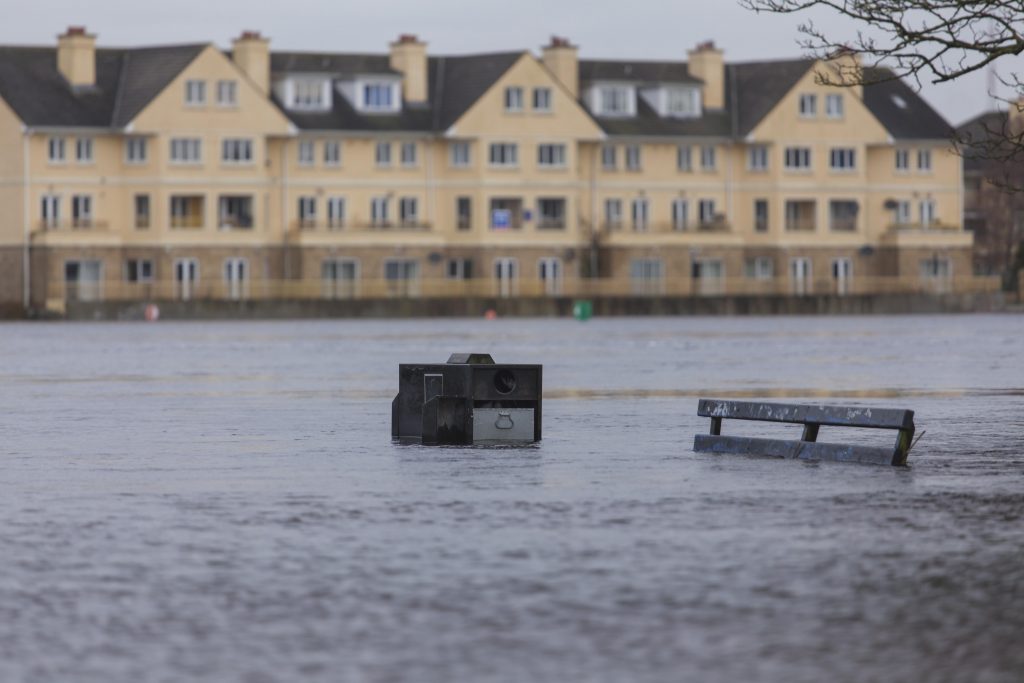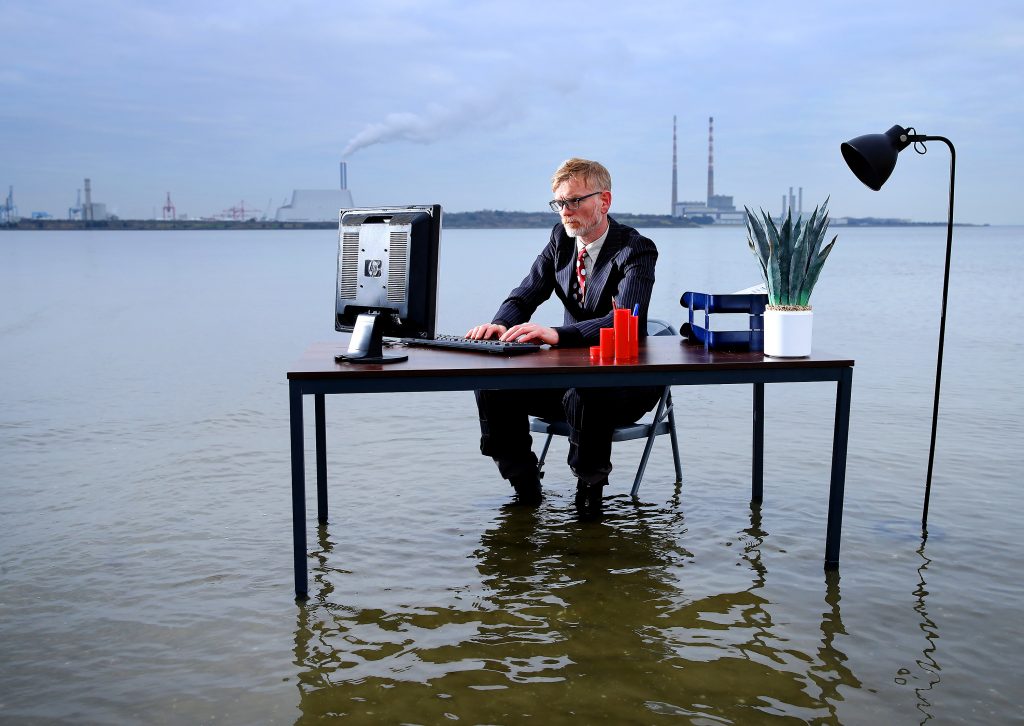2019 was second warmest on record, WMO data
March 11th, 2020
2019 was the second warmest year on record and finished up with an average global temperature of 1.1 C above pre-industrial levels.
The year was second only to 2016, which saw an El Nino climate event contribute to global mean temperature on top of what the World Meteorological Organisation (WMO) called, “an overall warming trend”.
The WMO released its annual findings on Tuesday and the organisation’s Secretary-General Petteri Taalas said that temperature increases moving forward would be “a matter of time”.
The report also cited a preliminary projection of 0.6 per cent increase in CO2 emissions for 2019.
Such results, according to UN Secretary-General Antonio Guterres, shows that “we are currently way off track to meeting either 1.5 C or 2 C targets that the Paris Agreement calls for”.
The findings come on the heels of the warmest January on record and an unseasonably mild winter in many pockets of the northern hemisphere.
Smoke and air pollutants from the widespread bushfires in Australia have also caused a global spike in CO2 emissions and large-scale ice melting in Antarctica will see considerable sea level rise in the coming decades.

Climatic consequences
Warming temperatures have a far-reaching effect on climate, particularly on the world’s oceans which absorb 90 per cent of the planet’s excess heat.
They can also lead to marine heatwaves, which lasted for nearly 2 months and were felt in 84 per cent of the ocean according to WMO data.
Ocean warming makes up almost a third of total sea level rise through thermal expansion of sea water and additional ocean acidification and deoxygenation also has a detrimental impact on marine ecosystems.
Coral reefs are projected to decline between 10 and 30 per cent of their former cover at 1.5 C of warming and will dwindle to less than 1 per cent at 2 C of warming.
Along with warming waters, the report found that Arctic sea ice has continued its downward trend in cover and that 2019 marked the 7th lowest year on record for the Greenland ice sheet in terms of total mass balance.
Flooding led to the deaths of over 2000 people in Asia during monsoon season and extensive flooding in the Americas generated an accumulated economic loss of $22.5 billion.
Drought was also prevalent in many parts of southeast Asia, Australia and South America and wildfires raged in the Amazon and across Australia towards the latter half of the year.

Societal impacts
Warming both on and offshore have a drastic impact on human society, according to the report, particularly for health, food security and migration.
Record-shattering temperatures have led to heat deaths around the world and increased hospitalizations and climatic changes have made it easier for mosquitoes to transmit dengue virus and about half the world is now at risk of infection.
The food security situation deteriorated “markedly” in 2019 in some African countries, particularly in the Greater Horn region, due to “climate extremes, displacement, conflict and violence”.
Extreme weather events such as Cyclone Idai in Southeast Africa and Hurricane Dorian in the Caribbean contributed to a total of 22 million people who were internally displaced as a result of natural disasters, an increase of more than 6 million from the previous year.
[x_author title=”About the Author”]







